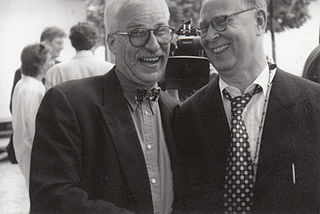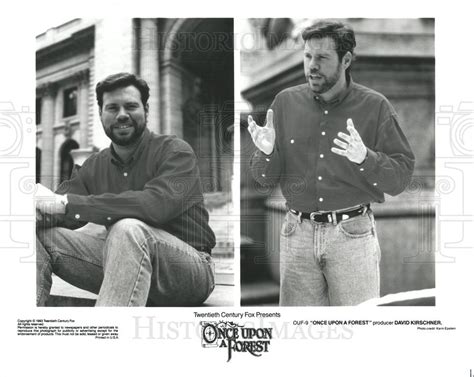A Quote by Sigmar Polke
Yes, my works... are enshrined in museums, but I don't care if the pieces fall apart in 20 years.
Quote Topics
Related Quotes
Everything that comes together falls apart. Everything. The chair I’m sitting on. It was built, and so it will fall apart. I’m gonna fall apart, probably before this chair. And you’re gonna fall apart. The cells and organs and systems that make you you—they came together, grew together, and so must fall apart. The Buddha knew one thing science didn’t prove for millennia after his death: Entropy increases. Things fall apart.
Yes, yes, I see it all! — an enormous social activity, a mighty civilization, a profuseness of science, of art, of industry, of morality, and afterwords, when we have filled the world with industrial marvels, with great factories, with roads, museums and libraries, we shall fall exhausted at the foot of it all, and it will subsist — for whom? Was man made for science or was science made for man?
When we even use the term 'specialized world,' we already have a problem! We're making art; they are making art... these worlds are not far apart from each other. For instance, pieces of art that hang on a wall can be seen in museums or can be used in a variety of commercial ways. That art is everywhere, so the message is that it's a part of everyday life.
Most organizations don't fall apart as a result of one big blow. Most relationships don't end because of one grand argument. Most lives don't fall to pieces due to one sad event. No, I suggest to you that sustained failure happens as the consequence of small, daily acts of neglect that stack up over time to lead to a blow up - and break down.








































